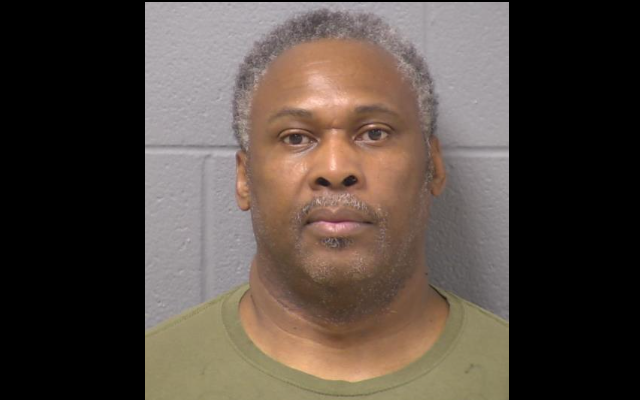Concerns raised over proliferation of license plate cameras

As Illinois police departments lobby city councils on the importance of cameras to combat crime, some are raising concerns about the right to privacy.
The American Civil Liberties Unions has released a report on Flock Safety, a company that sell license plate reading camera systems to taxing bodies. The ACLU report looks at how the technology is building a form of mass surveillance never seen before in American life.
Flock systems been installed in 1,400 cities across the country and photograph more than a billion vehicles every month and its ambition is to expand to “every single city in America.”
“We are concerned about all of this massive influx of technology over the last year or so and the question of what really happens to it and ultimately utilized,” said Ed Yohnka, director of communications and public policy with ACLU of Illinois.
Champaign and Peoria are using the technology.
In Springfield, taxpayers are paying $415,000 for 83 cameras to be installed in certain areas of the city.
Bloomington city leaders this month voted to install the license plate cameras despite opposition from the Central Illinois chapter of the ACLU.
Yohnka said company officials are using fear as a way to sell their products.
“The marketers of these systems are telling local leaders that they can adopt these systems in order to fight a recent spike in gun violence,” said Yohnka. “There’s actually no evidence that it works that way or that it will help in terms of that.”
The report notes if Flock cameras become as widespread and densely placed as the company hopes, law enforcement will gain the ability to know the detailed movements of virtually any vehicle for as far in the past as the data is held.
“The risk of abuse by government is all too real,” the reports says. “Unfortunately, this country has a long tradition, extending up to the present, of law enforcement targeting people not because they’re suspected of criminal activity but because of their political or religious beliefs or race. There are also many documented instances of individual officers abusing police databases.”
In some communities, there is an agreement that images captured by the cameras remain in the system for 30 days before automatically being deleted by the company.
The systems aren’t just being implemented by police agencies across the state. Flock Safety sales representative Dan Murdoch told leaders in Springfield in December more than half their business is with the private sector like big-box retailers, homeowners’ associations and other places.
“Rivers Casinos just put in a dozen of these cameras,” Murdoch said. “Des Plaines has access to those for free.”
Murdoch said the systems are also integrated with FBI, Illinois State Police, stolen vehicle databases, Amber or Silver alert lists and other systems.
Yohnka said it is important that there are a set of rules put in place before a city decides to install the cameras.
“What is really required here is that communities and local law enforcement put in place very strict privacy policies in advance before ever adopting these kinds of systems,” said Yohnka.
Illinois Radio Network






